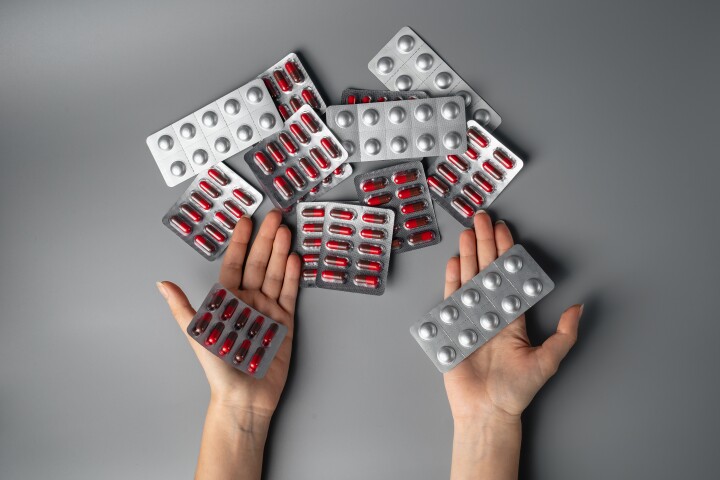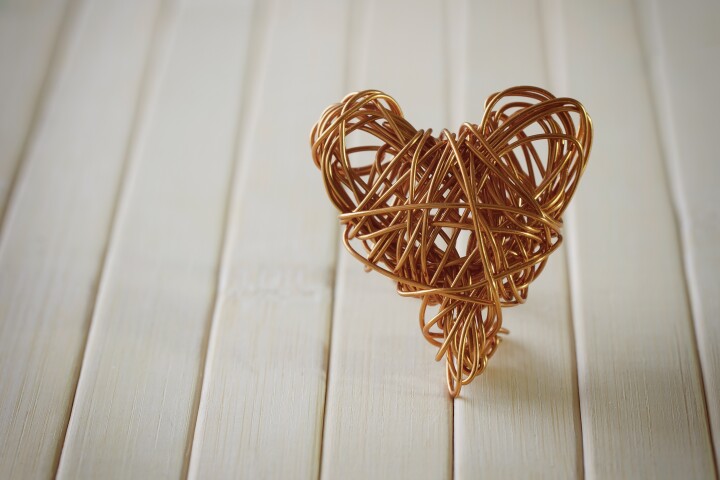Medication
-
A class of drugs already used to treat high blood pressure has an added bonus, according to a new study: lowering epilepsy risk by up to 30%. Further research is needed, but the findings suggest there’s a means of preventing epilepsy in at-risk adults.
-
Early birds and night owls should take blood pressure medication at different times of the day to minimize their risk of a heart attack, according to a new study that looked at whether our internal clock affected medication effectiveness.
-
Living with ADHD is a complex experience, but one that's made more manageable with the right medication. What's of particular interest to researchers is how these drugs are positively impacting other mental health issues such as anxiety and depression.
-
Months of trial and error, as well as adverse side effects, to find the right antidepressant may soon be a thing of the past for those with depression, with a novel artificial intelligence model able to determine a drug's efficacy within just one week.
-
You don't have to be a chemistry whiz to know that making a drug for $3 is a damn sight better than its current price tag of $3,200. The scientists behind this never-before-seen method centered around copper and oxygen say it's an industry game-changer.
-
The 2023 James Dyson Award global winners have been announced. The prizes have gone to three different student teams, each of which offers novel solutions to modern issues including global warming and providing care in war and disaster zones.
-
Half of the adult population has high blood pressure, but new research suggests that several million people may have elevated readings due to poor testing procedures. Experts call for a spotlight on how and where patients sit while in the cuff.
-
While there are now a number of handheld systems for checking if a medication is the genuine article or a counterfeit, most require users to access an online database. The SmartID system, on the other hand, works entirely offline.
-
If you don't like getting needles in the arm, imagine getting them in your eyes. That's what people with wet age-related macular degeneration have to do, but thanks to new research, those injections may soon be replaced by painless eyedrops.
-
There's been a staggering rise in the number of ADHD medication errors among US youth, most of which occurred at home, a study has found, highlighting the need for greater patient and caregiver education to avoid these preventable errors.
-
When someone is using antipsychotic drugs, it's important that they take the correct dosage, and that they don't abruptly stop taking the medication. Soon, a fingerprint sweat test could be used to check that such people are following instructions.
-
Round pills are easier to swallow, but that doesn’t offer much control in how they release their drug payload. Max Planck scientists have now developed a model for designing complex 3D-printable pill shapes that release drugs in a specific way.
Load More











